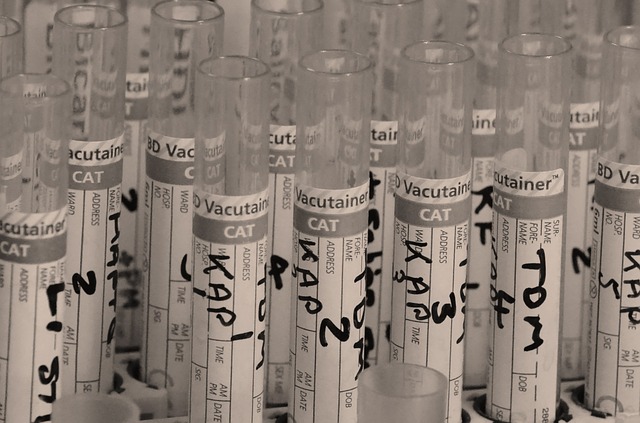
In a wonderful news that radically changes the way the deadly Ebola disease is fought, the World Health Organization (WHO) announced on Friday the development of an experimental Ebola vaccine which may be “up to 100 percent effective” in protecting against the most deadly subtype of the virus.
Known as rVSV-EBOV, the prototype vaccine, which in a major clinical trial was given to 5,837 people in Guinea last year at the tail end of a lethal epidemic of Ebola, prevented the contraction of the virus in every single person it was given to during that particular field test. In comparison, there were 23 new Ebola cases among the several thousands of people who didn’t receive the shot.
“While these compelling results come too late for those who lost their lives during West Africa’s Ebola epidemic [the 2014 outbreak became the deadliest occurrence of the disease since its discovery 40 years ago, killing more than 11, 300 people in six countries; Liberia, Guinea, Sierra Leone, Nigeria, the US and Mali], they show that when the next Ebola outbreak hits, we will not be defenseless,” Dr. Marie-Paule Kieny, WHO’s Assistant Director-General for Health Systems and Innovation, and the study’s lead author said in a statement.
With a mortality rate above 40%, the disease, first identified in 1976 in what is now the Democratic Republic of Congo, has an incubation period of up to three weeks. It causes violent and painful symptoms, including vomiting, severe and often fatal viral hemorrhagic fever, organ failure and internal bleeding.
“After 40 years, we appear to now have an effective vaccine for Ebola virus disease to build upon,” Thomas Geisbert, a scientist at Galveston National Laboratory in Texas who did not take part in the study, wrote in a commentary in The Lancet medical journal.
According to WHO, if all goes well, the Ebola vaccine could become available in 2018 under a fast-track approval process. In the meantime, the “Vaccine Alliance” has already committed $5 million so a stockpile of 300,000 doses can be produced and be ready in time for the next outbreak.
It should be noted, that we have not completely eliminated the risk of Ebola just yet. While rVSV-EBOV candidate vaccine works against Zaire ebolavirus, one of the most dangerous strains of the disease and the one responsible for most human infections, it doesn’t work against the other four subtypes, the Sudan ebolavirus, Taï Forest ebolavirus, Reston ebolavirus, and Bundibugyo ebolavirus. Furthermore, and besides questions concerning the vaccine’s side effects or how long innoculation lasts, it’s still unknown if the shot is safe for children six and under, pregnant women, or people with the AIDS virus – all groups that were not included from the most recent trials.
A number of Ebola vaccine candidates have been developed over the years, but as of 2014, none have been approved by the FDA. The new rVSV-EBOV shot was initially developed by the Public Health Agency of Canada and the United States Army before being taken over by pharmaceutical giant Merck & Co., Inc. (NYSE:MRK) which based on the trial’s results will most certainly seek approval for its product from the FDA or the European Medicines Agency by the end of 2017. Should it be endorsed, the vaccine could finally provide a much needed defense mechanism against Ebola outbreaks in the future.

Leave a Reply